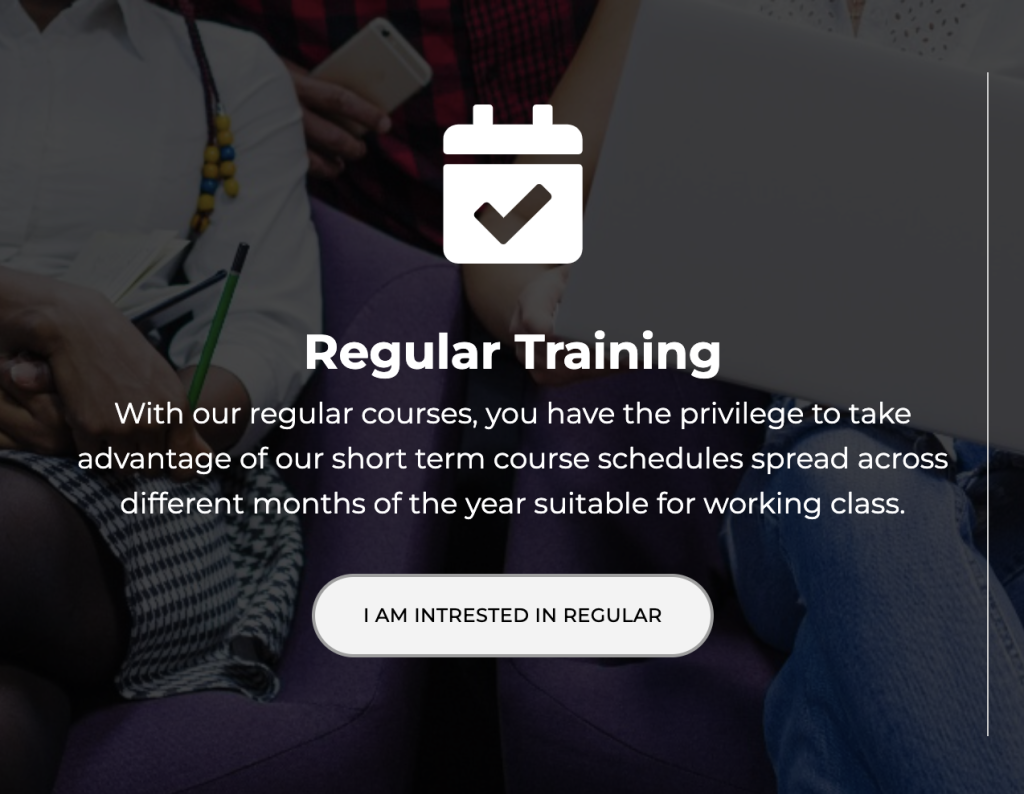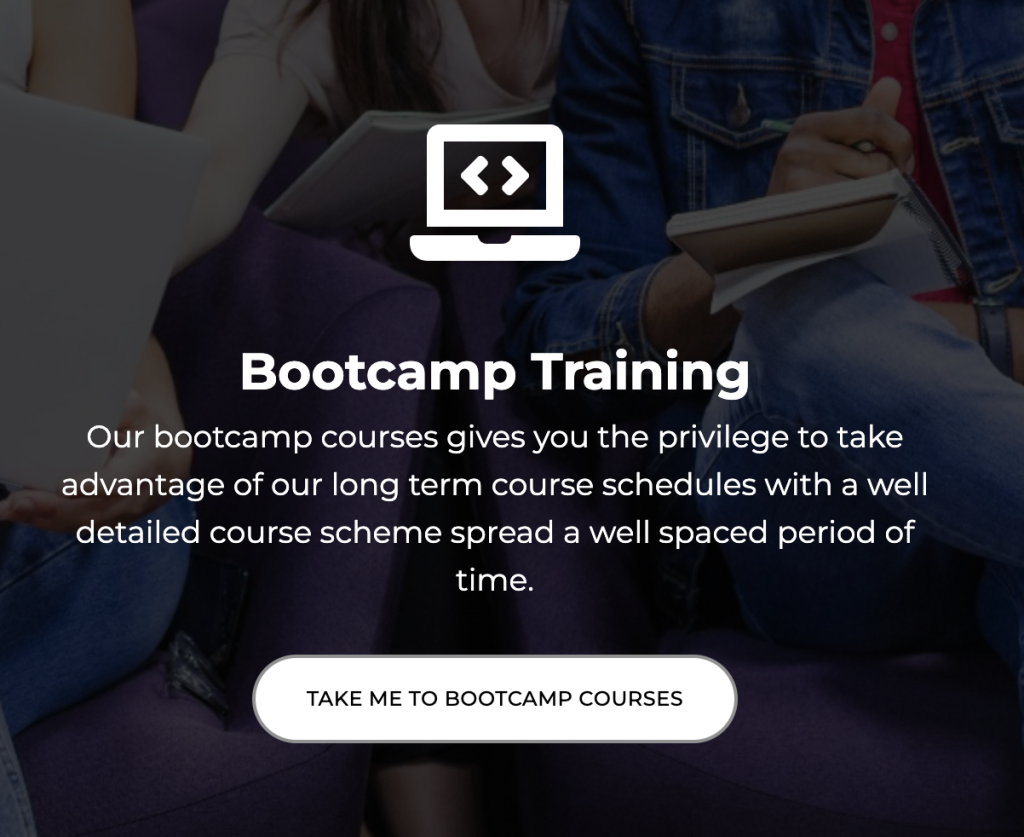- Description
- Reviews
Course Syllabus:
Domain 1: Contracts Management
Task 1: Manage Risks and the Risk Process for Construction and Built Environment Projects
- Recognise Positive Risk to Improve Project Outcomes
- Manage Risk Process and Stakeholder Input Throughout the Project
- Apply Different Risk Classifications Appropriately
- Identify and Evaluate Risks for Better Risk Allocation and Management
- Manage Risk Prioritisation During Front End Planning
Task 2: Apply Risk Tools Appropriately
- Use Integrated Project Risk Assessment (IPRA) Tool
- Apply Risk Management Tools and Techniques Like Monte Carlo Simulations
- Mobilise Risk Management Framework at Project Outset
Task 3: Manage the claims process
- Use Lessons Learned to Identify Problematic Areas Leading to Claims
- Recognise Impact of Contract Types and Delivery Methods on Claim Frequency
- Utilise Claims Process and Intervention Points for Early Resolution
- Distinguish Between Change/Variation Orders and Claims
- Apply Best Practices to Prevent Claims and Disputes
- Utilise Risk Management Framework to Reduce Claims
- Determine Root Cause of Claims for Front End Focus
- Apply Dispute Resolution Techniques
Task 4: Mange the contract lifecycle effectively
- Oversee Contract Lifecycle from Discovery to Close Out
- Utilise Lean Integrated Project Delivery And IFOA
- Utilise Important Clauses in Built Environment Contracts
- Advise Senior Stakeholders on The Delivery Method and Contract Structure
- Utilise the Various Delivery Methods and Contract Structures
- Recognise the Potential for Communication Gaps
- Apply Knowledge to Support Senior Leadership
Task 5: Implement the Interface Management process efficiently
- Establish and Plan Interface Points Between Packages
- Classify Interfaces in Mega Projects
- Use Industry Frameworks for Implementing Interface Management
- Design Effective Interface Management Practices
- Apply Principles and Timing for Interface Management
- Lead and Monitor Interface Management Plan
- Develop Communication, Relationship Management, And Negotiation Skills
- Utilise Common Language and Definitions of Interface Management
Domain 2: Stakeholder Engagement
Task 1: Utilise Communication Tools Appropriately to Engage Stakeholders and Maintain Proper Communication
- Improve Communication and Decisions With PMIS
- Incorporate Central Communication Platform
- Enhance Program Activities with Obeya/Big Room
- Recognise Common Pitfalls of Obeya/Big Room
- Apply Commitment-Based Management Across Projects
- Highlight Communication Deficiencies with Compass Tool
- Assess Data for Actionable Insights
Task 2: Prevent Communication Issues from Occuring and Ensure Stakeholders are Engaged
- Increase Stakeholder Buy-In from Project Outset
- Develop Effective Communication Strategy for All Needs
- Craft Messaging for Tailored Audience Understanding
- Engage Parties Deeply with Nuanced Communication Methods
- Prevent Poor Communication Effects on Project Completion and Finances
Task 3: Mitigate Communication Issues Effectively as they Emerge
- Implement Feedback Loops to Highlight and Resolve Gaps
- Overcome Resistance and Secure Support Through High-Impact Communication
- Develop Action Plans to Resolve Communication Gaps
Task 4: Manage Stakeholders Effectively
- Identify and Assess Stakeholders to Establish Effective Communication Strategy
- Recognise Role of Culture in Stakeholder Communication
Domain 3: Strategy and Scope Management
Task 1: Strategy and Scope Management
- Drive Projects Focusing on Outcomes or Missions
- Implement Scope Revisions for Mature Project Scope
Task 2: Implement and Manage the Change Order Process Effectively
- Create Robust Change Order Process
- Finalise Change Process at Appropriate Project Lifecycle Stage
- Design Agile Processes for Efficient Change Management
- Recognise Technology’s Benefits and Downfalls in Scope Management
- Evaluate Scope Changes in Relation to Core Outcomes
Task 3: Develop and Apply Scope Management Tools
- Use Scope Evaluation Tools to Identify Gaps
- Manage and Pivot Scope with Value Engineering and Cost-Benefit Analysis
Domain 4: Project Governance
Task 1: Implement governance models to drive project outcomes
Task 2: Set up scope governance structures and practices on built environment projects
Task 3: Develop and apply methods, tools and techniques to develop and manage project scope
Who Should Attend this PMI Construction Professional (PMI-CP)™ Training?
This course is ideal for construction professionals seeking to enhance their project management skills and earn a globally recognised certification. It is particularly suitable for professionals involved in the planning, execution, and delivery of construction projects. The course is relevant to those in the following job roles:
- Construction Project Managers
- Site Engineers
- Construction Supervisors
- Civil Engineers
- Architects
- Project Coordinators
- Construction Consultants
Prerequisites of PMI Construction Professional (PMI-CP)™ Training
Learners need to have at least 3 years of work experience (within the past 10 years) on construction projects or built environment projects to be eligible for the PMI-CP™ certification exam. Learners need to have this required experience before applying.
PMI Construction Professional (PMI-CP)™ Course Overview
PMI Construction Professional (PMI-CP)™ certification is a prestigious credential that recognises advanced knowledge and experience in managing construction projects. It is vital for professionals aiming to enhance their credibility and showcase their expertise in construction management practices. For organisations, this training ensures that their project leads are proficient in applying industry-standard methodologies, leading to improved project execution and reduced risks. Individuals benefit from this training by gaining a deep understanding of best practices in contracts, risk, and stakeholder management, enhancing their ability to oversee complex construction projects efficiently. Moreover, obtaining the PMI-CP™ certification can significantly boost career prospects, positioning individuals as top candidates for senior management roles in the construction sector.
In the PMI Construction Professional (PMI-CP)™ training, delegates will gain comprehensive insights into the management of construction projects, covering critical aspects such as contract management, stakeholder engagement, and strategy and scope management. The course delves into practical applications of risk assessment tools, strategies for effective communication and stakeholder involvement, and methodologies for managing the complexities of contract lifecycles and claims processes. This training will be conducted by our highly professional and skilled trainer, who has years of experience in teaching.
Course Objectives
- To develop effective project planning and scheduling skills
- To implement risk management strategies specific to construction projects
- To master stakeholder communication techniques in the construction industry
- To optimise resource allocation and management on-site
- To ensure compliance with construction regulations and safety standards
- To deliver high-quality projects within budget and on time
By the end of the course, delegates will be equipped with the skills and knowledge to successfully manage all aspects of construction projects, from initial planning through to project execution and closure. Delegates will learn how to navigate complex construction environments, utilise PMI standards and methodologies, and adapt project management tools to ensure project success. They will also gain insights into leadership, collaboration, and how to handle unforeseen challenges within construction projects.
- Delegate pack consisting of course notes and exercises
- Manual
- Experienced Instructor





